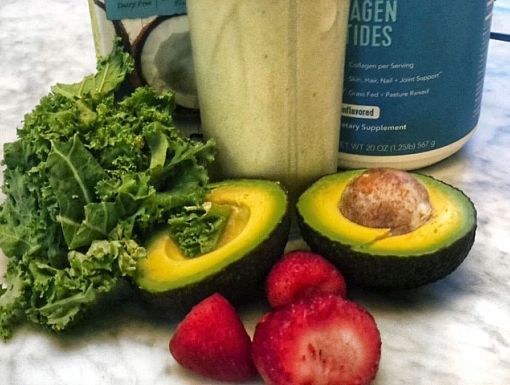
How Much Protein Is in an Egg?
Eggs are a quick, easy source of protein, with a large, whole egg providing about 7 grams of protein. And, when consumed following dietary guidelines, this “breakfast of champions” delivers plenty of other health-promoting vitamins and nutrients. Read on to learn more about the nutritional benefits of eggs, how many you should be eating and a rundown of the different egg options on supermarket shelves.
Are eggs healthy?
For such a nutritious food, eggs get a really bad rap. They made headlines in the 1970s when they were deemed “off-limits” for low-cholesterol diets. Decades later, there is still a widespread belief that eggs are bad for us, despite the fact that numerous studies have shown little or no correlation between eggs and heart disease.
Eggs are low in saturated fat (1.5 grams per large egg) and high in cholesterol (200 milligrams per large egg), but research has shown that one egg a day is not likely to have a substantial impact on our risk of heart disease or stroke, particularly if we're already healthy.
The Academy of Nutrition and Dietetics says whole eggs are OK, as long as we eat them "in moderation," and the American Heart Association says we can have one yolk a day, as long as we limit our intake of other cholesterol-containing foods.
How many eggs can I eat?
Since it’s primarily saturated and trans fats that raise our “bad” LDL cholesterol levels, go ahead and have an egg a day if you’re so inclined. But if you already have high cholesterol or another risk factor for heart disease – such as diabetes – limit your intake to three or four eggs a week.
And when it comes to limiting eggs for cardiovascular purposes, we’re only talking about the yolks of the eggs. The whites are primarily protein and are completely fat free, with only 16 calories each.
But don't think that you should skip the yolk altogether; it’s actually packed with nutrients, some of which are difficult to get from other food sources.
For example, egg yolks are the best dietary source of choline, a nutrient that's necessary for healthy cell membranes. Choline is also essential for our brain development and function and plays a critical role in our metabolism of fats. The yolk of the egg is also a good source of vitamin B12, with one yolk providing about 10 percent of the recommended daily intake. Egg yolks also contain lutein and zeaxanthin, two antioxidants that may reduce the risk of age-related macular degeneration.
And, of course, eggs pack in plenty of protein, with a large egg providing about seven grams of protein: three grams in the yolk and four grams in the white. Plus, they’re affordable and incredibly easy to prepare in a variety of ways.
Which type of eggs should I eat?
Don’t stress, any type of egg will do.
If you’re scoping out the options, however, you’ll probably come across organic eggs. These are from chickens that have been raised according to the USDA’s National Organic Program guidelines regarding the ingredients in their diets and have not been treated with pesticides or antibiotics. Organic chickens must be allowed free range of their houses and have outdoor access, though the amount of time they must spend outside isn’t specified.
Sign up for our weekly newsletter to get the best of our food and fitness tips delivered straight to your inbox.
And don’t be fooled by eggs labeled as “cage-free.” This doesn’t mean these eggs are organic, or nutritionally different than regular eggs in any way. Some people choose to buy cage-free eggs as a means of supporting more humane treatment of chickens. And while “cage-free” does indicate that the chickens can move freely within the barn or warehouse, they don’t necessarily have access to the outdoors. Also, there are no guidelines regarding diet, pesticides or antibiotic usage with cage-free chickens.
How can I enjoy eggs as a healthy part of my diet?
Regardless of the type of egg you choose, you can cut back on calories and fat by using only one whole egg and adding extra egg whites (fresh or carton) for more volume. Adding even just one yolk will help retain the flavor, texture and nutritional benefits of your meal, and you may not even notice that your egg salad sandwich has been lightened up.
Looking for “egg-cellent” recipes that are healthy, too? Try these recipes:



